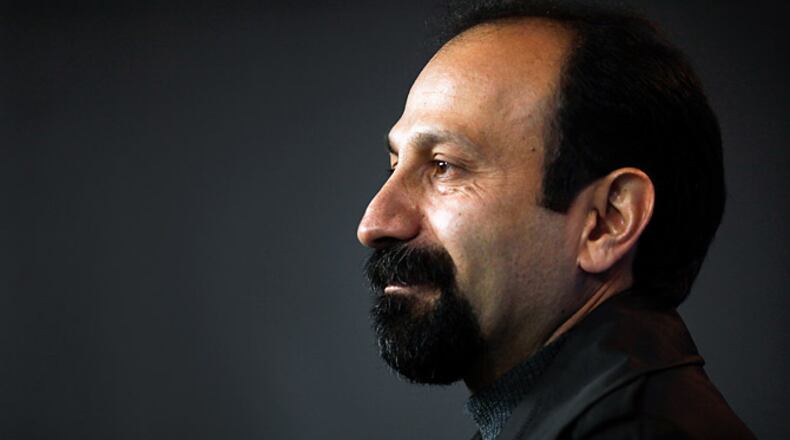http://players.brightcove.net/2399754132001/default_default/index.html?videoId=4770492423001
Iranian filmmaker Asghar Farhadi announced weeks ago he would not attend Sunday's Academy Awards event due to President Donald Trump's executive order that sought to temporarily ban some travelers, including those from seven countries, including Iran, from coming to America.
Farhadi's film, "The Salesman," won, but he did not attend. Anousheh Ansari read a statement on his behalf:
"It's a great honor to be receiving this valuable award for the second time. I would like to thank the members of the Academy, my crew in Iran, my producer Alexandre Mallet-Guy, Cohen Media, Amazon and my fellow nominees in the foreign film category. I'm sorry I'm not with you tonight. My absence is out of respect for the people of my country and those of other six nations whom have been disrespected by the inhumane law that bans entry of immigrants to the U.S. Dividing the world into the us and our enemies categories creates fear. A deceitful justification for aggression and war. These wars prevent democracy and human rights in countries which have themselves been victims of aggression. Filmmakers can turn their cameras to capture shared human qualities and break stereotypes of various nationalities and religions. They create empathy between us and others. An empathy which we need today more than ever."
Trump's hastily assembled temporary ban, announced without notice earlier this year, affected some immigrants and refugees, and travelers from Iran, Iraq, Libya, Somalia, Sudan, Syria and Yemen.
After a legal challenge the 9th Circuit Court of Appeals announced it would not reinstate the 90-day ban. The Trump administration had been seeking a stay of a temporary restraining order that halted the president’s executive order.
Yates had directed Justice Department attorneys not to defend it, saying in a letter that Trump’s campaign calls for a “Muslim ban” were an issue, noting that a previous, in-house review did “not take account of statements made by an administration or it surrogates close in time to the issuance of an executive order that may bear on the order’s purpose.
“And importantly, it does not address whether any policy choice embodied in an executive order is wise or just,” Yates wrote.
About the Author
Keep Reading
The Latest
Featured



